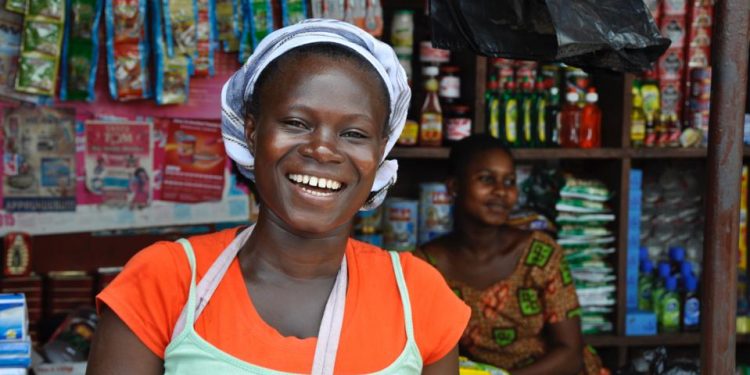A little over twenty-six (26) per cent of businesses in the country are aware of the African Continental Free Trade Agreement (AfCFTA) which kickstarts January next year.
This is according to findings from the second round COVID-19 Business Tracker Survey conducted between August and September, 2020 by the Ghana Statistical Service (GSS) with support from the United Nations Development Programme (UNDP) and the World Bank.
Awareness of the agreement as the survey reveals, is predominant among large (72.7 pe cent) and medium scale firms (63.8 per cent).

It is however, non-existent among micro and small-scale enterprises.
Consequently, the findings from the Covid-19 business tracker implies that some 74.8 per cent of Ghanaian businesses (mainly small businesses) are not aware of the agreement that is to make the Continent the biggest trading bloc in the world.
This is worrying, given the fact that Ghana is the host nation of the Secretariat of the AfCFTA.
Of the 26.2 per cent businesses aware of the AfCFTA, 76 per cent of the businesses believe the implementation of AfCFTA will bring transformation to their business.

Close to half the businesses indicated that reduced cost of credit in the country will be the most useful support from Government in making them sell goods or services across the continent.
And about two-fifths of the firms noted that AfCFTA will lead to increased information on business opportunities and the removal of policy and regulatory bottlenecks.

Meanwhile, results from the second round of the Covid-19 Business Tracker showed that firms continue to report decline in sales, difficulties in sourcing inputs, and challenges in finding financial resources to cover revenue shortfalls.
Businesses reported an average decline in sales of an estimated 85.5 million Ghana Cedis (51.5 percent), but this is an improvement compared to results from the first round Business Tracker, carried out in May/June, which reported an estimated decline in sales of 115.2 million Ghana Cedis (61percent).
The AfCFTA when fully implemented and started next year, will be the world’s largest free trade area since the formation of the World Trade Organization (WTO).
Estimates from the Economic Commission for Africa (UNECA) suggest that the AfCFTA covering a market of more than 1.2 billion people, with a Gross Domestic Product (GDP) of $3.4 trillion, has the potential to boost intra-African trade to 52.3 percent.








